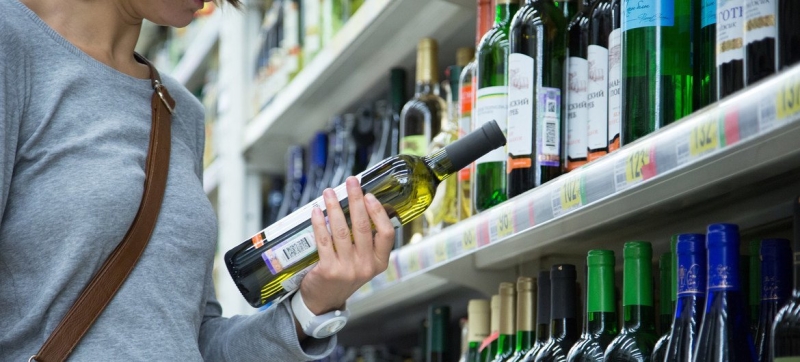
Cancers may be linked to alcohol consumption. WHO urges Europeans to rethink their attitude to alcohol Health
Alcohol causes one in 11 deaths in the World Health Organization’s European Region. A new WHO campaign aims to change that.
Alcohol consumption has been linked to more than 200 diseases, including at least seven types of cancer, including breast and colon cancer. Yet despite these serious health risks, less than half of Europeans know about the link between alcohol and cancer.
As the world observes Breast Cancer Awareness Month, WHO points out that only 21 per cent of women in 14 European countries know that even small amounts of alcohol can potentially lead to breast cancer.
Awareness Campaign
That is why the WHO Regional Office is launching a new awareness campaign to disseminate the latest research on the effects of alcohol on health.
The campaign, called “Rethink Alcohol”, calls on Europeans to reflect on their own and society’s attitudes towards alcohol and to reconsider its role in everyday life, celebrations and traditions.
“Beyond its physical consequences, alcohol also leads to wider social problems,” explains Godin Galea, Adviser to the WHO Regional Director for Europe. “Alcohol use is a major contributor to violence (including sexual and gender-based violence), road traffic injuries and other problems that affect not only the drinker but also their families and society as a whole.”
“Ultimately, people should be able to make informed choices about their health and behaviour. That’s why, through the Rethink Alcohol campaign, we share evidence-based information and encourage people to rethink their drinking habits and relationships, and call on policymakers and health authorities to help bring about wider cultural changes in the way alcohol is perceived and regulated in society,” says Galea.
Stories from experience and tough regulation
During October and November, the Regional Office will be distributing stories from Europeans who have changed their lives by rethinking their relationship with alcohol and realising that it no longer has a place in their lives.
These stories highlight the many benefits of cutting down or giving up alcohol, including improved physical and mental health, changed relationships and a more fulfilling outlook on life in general.
“Individual choice matters, but it is not enough,” says Galea. “In our Region, alcohol is too cheap, too accessible and too heavily marketed. We must create conditions that make it easier for everyone to choose healthy alternatives. A product that causes as much harm as alcohol should be subject to tighter regulation.”
By working with policymakers and health advocates, the Rethink Alcohol campaign will help create an environment where people can more easily reduce their drinking.
Read more:
